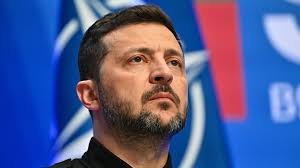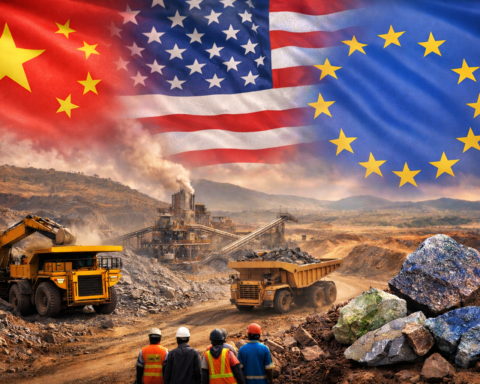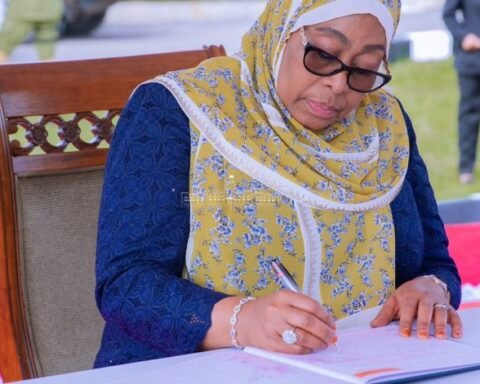Prosecutor General Igor Krasnov announced on Friday that any foreign companies seeking to re-enter the Russian market will be “closely monitored” to ensure their presence benefits the country.
Speaking during the St. Petersburg International Economic Forum held on June 20, Krasnov said, “Foreign firms returning to Russia must do so under transparent, fair, and nationally beneficial terms. We will assess them case by case.”
His remarks come after Russia seized approximately 2.4 trillion roubles worth of property—equivalent to about $31 billion—over the past year alone. According to Krasnov, the state has already taken control of around a dozen foreign-owned enterprises since 2022, following the launch of Russia’s full-scale invasion of Ukraine.
Among the seized assets are major logistics hubs and prominent businesses, including Domodedovo International Airport, one of the largest air transport hubs in the country. The airport was recently transferred into state control through court orders, as part of a broader campaign to secure what Moscow calls “strategic assets.”
While some reports suggest quiet interest from Western companies looking to resume operations in Russia, no formal applications have been filed so far, according to Finance Minister Anton Siluanov.
Meanwhile, Kirill Dmitriev, CEO of the Russian Direct Investment Fund (RDIF), indicated that “several American firms” are exploring options for returning—but only under conditions that ensure legal stability and economic feasibility. Dmitriev added that talks were informal and contingent on changes to sanctions.
Also Read; Retained Earnings Tax Sparks Heated National Debate
President Vladimir Putin, in his keynote speech at the same forum, took a pragmatic tone. “Russia is open to investment, but trust must be mutual,” he said. “Those who left under political pressure have revealed their unreliability.”
Putin also stated that future contracts with returning foreign companies would include legally binding provisions and long-term commitments to ensure stability and protect the Russian market.
Legal and Economic Landscape Shifting
Since 2022, Russia’s courts and legislature have increasingly supported the nationalization of foreign-owned firms deemed critical to infrastructure or energy supply chains. These moves were initially framed as retaliatory responses to Western economic sanctions, but have since grown into what experts see as a long-term structural change in Russia’s investment policy.
At the heart of the Kremlin’s new stance is the belief that foreign direct investment (FDI) must now serve national development first, not global shareholder profit.
Business experts and forum delegates, however, observed a significantly reduced foreign presence at this year’s event. One analyst from a German trade chamber told reporters anonymously, “The political risks are too high right now. Property protections are unclear, and the courts are unpredictable.”







